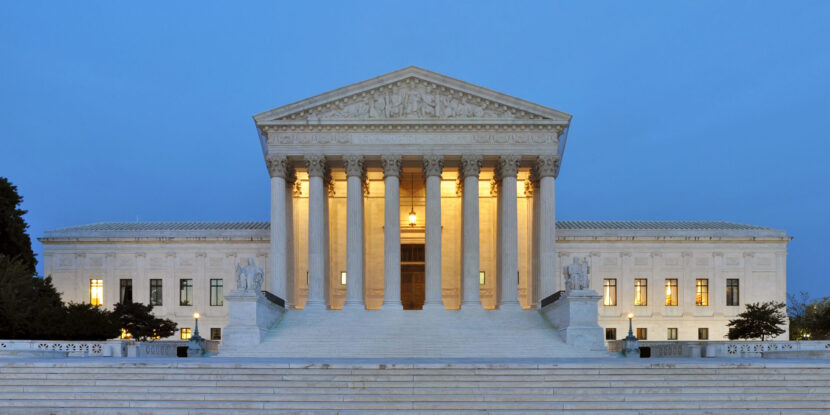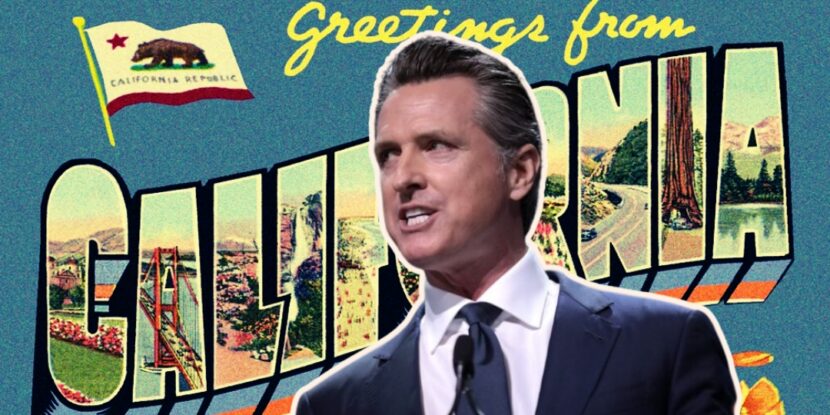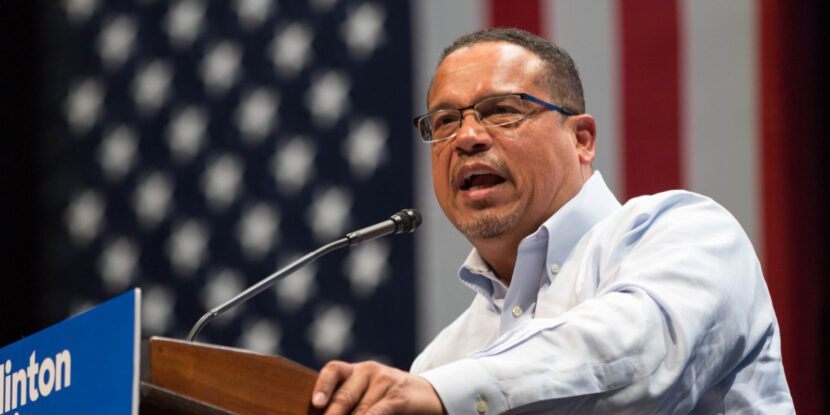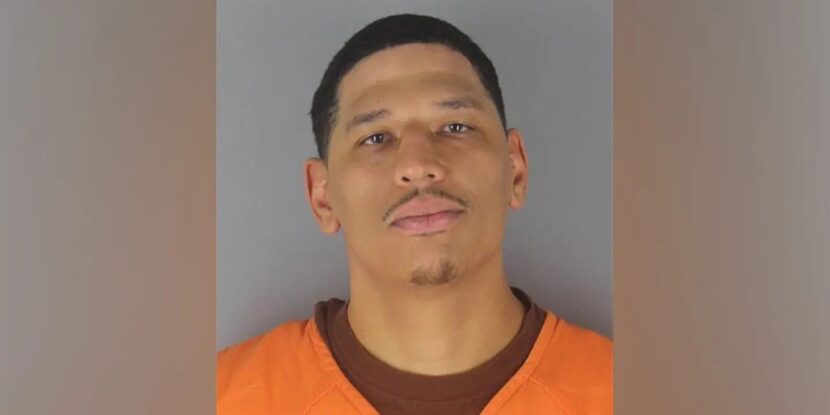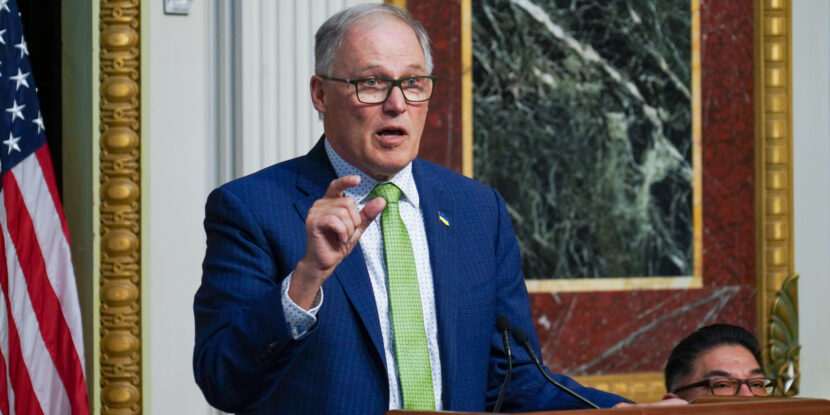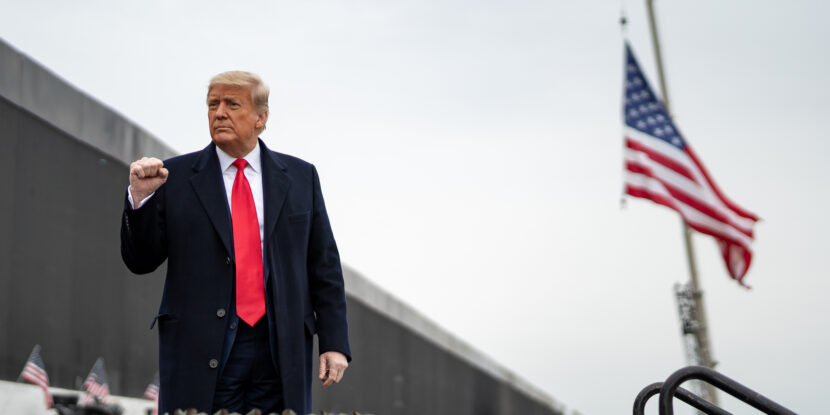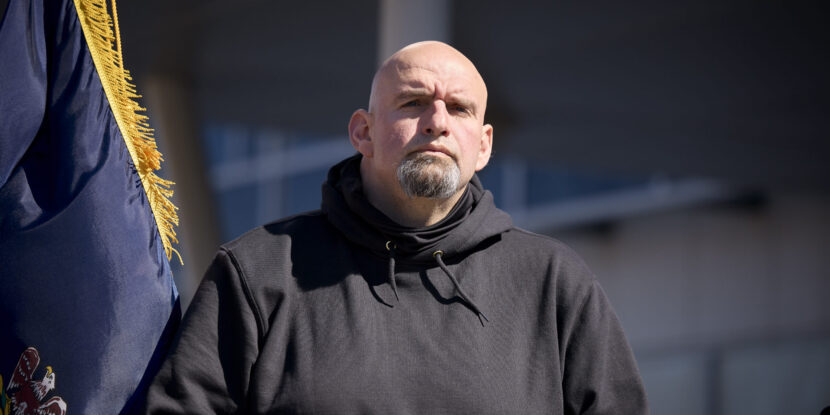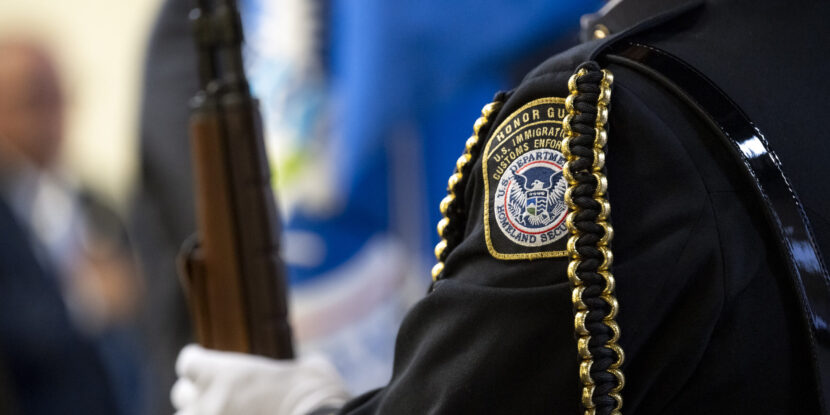❓WHAT HAPPENED: The Supreme Court has agreed to review federal limits on coordinated spending by political parties in support of their candidates, questioning whether these restrictions violate the First Amendment.
👤WHO WAS INVOLVED: Republican Party political committees, Vice President J.D. Vance, former Rep. Steve Chabot (R-OH), the Democratic National Committee (DNC), and the Justice Department (DOJ).
📍WHEN & WHERE: The Supreme Court will hear the case during its next term, with a decision expected before the 2026 midterm elections.
💬KEY QUOTE: “Congress has built a wall of separation between party and candidate, forcing party committees to figure out how to get their candidates elected without hearing from them.” – GOP appeal filing
🎯IMPACT: The case could reshape campaign finance rules and affect the role of political parties in U.S. elections.
The Supreme Court announced it will review federal limits on coordinated spending by political parties in support of their candidates, raising questions about whether such restrictions violate the First Amendment. The case will be heard in the court’s next term, with a decision anticipated just months before the 2026 midterm elections.
The case was brought by Republican political committees, including the National Republican Senatorial Committee (NRSC) and the National Republican Congressional Committee (NRCC), along with Vice President J.D. Vance and former Rep. Steve Chabot (R-OH). The Department of Justice (DOJ) has joined the GOP in arguing that the limits are unconstitutional. Democratic Party committees have been allowed to intervene to defend the law, as the government has declined to do so in this instance.
Notably, if the Supreme Court rules in favor of the Republican challenge, the legal changes would likely empower campaign committees directly under the control of political parties and actually reduce the influence of SuperPACs and dark money groups like the far-left Sixteen Thirty Fund. Since the high court’s 2010 decision in Citizens United v. FEC, outside political spending in elections has been taken over by well-financed consulting operations like the politically progressive Arabella Advisors, which controls a network of nonprofits—like the Sixteen Thirty Fund and New Venture Fund—and political PACs.
The limits in question stem from a 50-year-old provision of the Federal Election Campaign Act. For the 2024 election cycle, coordinated spending limits range from $123,600 to $3.7 million for Senate candidates and $61,800 to $123,600 for House candidates. A U.S. Court of Appeals for the 6th Circuit decision upheld these limits, citing a 2001 Supreme Court ruling that supported an earlier version of the restrictions.
In their appeal, Republicans argued that the spending limits violate the First Amendment by restricting political parties’ ability to coordinate with candidates. They asked the Supreme Court to either clarify or overturn its 2001 decision, describing it as “plainly wrong the day it was decided.”
“Congress has built a wall of separation between party and candidate, forcing party committees to figure out how to get their candidates elected without hearing from them,” the GOP filing contends, adding: “The result is a more polarized process in which political parties—an institutional force almost as old as ‘the formation of the Republic itself’—have been supplanted by less-restricted speakers.”
The DOJ, represented by Solicitor General D. John Sauer, stated that the expenditure limits burden the rights of political parties and candidates, calling the restrictions a significant impediment to political speech. Democratic Party committees stepped in to defend the law after the government sided with the Republicans. Noel Francisco and Don McGahn are representing the Republican campaign committees.
Join Pulse+ to comment below, and receive exclusive e-mail analyses.
